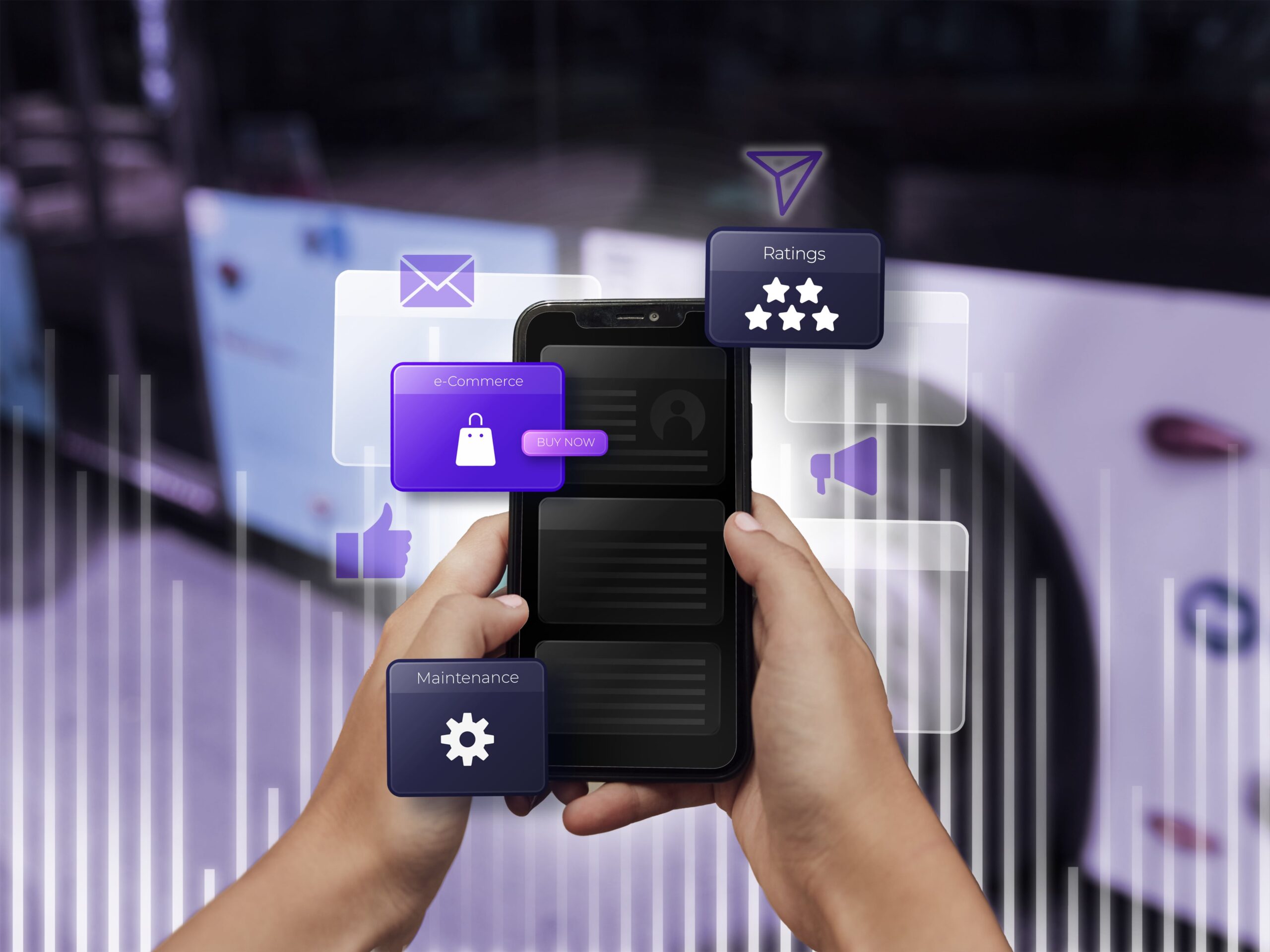Software
Top 5 Project Management Tools for Remote Teams in 2026
As remote work continues to grow, finding the right tools to manage projects efficiently has become a top priority for many teams. The top project management tools for remote teams offer features that help organize tasks, streamline communication, and keep everyone aligned, no matter where they are working from. These platforms typically combine task tracking, file sharing, progress monitoring, and integration with popular communication apps to create a seamless workflow. By centralizing project information, they reduce the risk of miscommunication and ensure deadlines are met. The right tool can make collaboration smoother, increase transparency, and improve overall productivity. In this guide, we’ll look at five highly effective options that cater to different needs and team sizes, helping remote teams stay productive, connected, and on track to meet their goals.
Top 5 Project Management Tools for Remote Teams
1. Trello
Trello is a highly visual project management tool that uses boards, lists, and cards to help teams organize and prioritize work. Its simple interface makes it a favorite for both small teams and large organizations managing complex projects remotely.
Key Features:
- Board & Card System: Organize tasks visually, moving them between lists such as “To Do,” “In Progress,” and “Done.”
- Labels & Tags: Categorize tasks for easy filtering and identification.
- Checklists & Due Dates: Break tasks into smaller steps and set deadlines.
- Integrations (Power-Ups): Connect Trello with Slack, Google Drive, Jira, and other tools.
- Team Collaboration: Comment directly on cards, attach files, and mention teammates.
Best For:
- Teams that prefer a visual and flexible way of managing workflows.
- Small to medium-sized remote teams who need an intuitive tool without a steep learning curve.
Advantages for Remote Teams:
- Real-time updates keep everyone informed.
- Easy to use for non-technical members.
- Flexible for various project types, from marketing campaigns to software development.
Related Article:- Notion vs. ClickUp in 2026
2. Asana
Asana is a powerful project management platform designed to help teams coordinate tasks, track progress, and achieve goals with clarity. It’s widely used by remote teams for its structured workflows and robust features.
Key Features:
- Multiple Views: List, Board, Timeline, and Calendar views for flexible planning.
- Task Dependencies: Define relationships between tasks to prevent bottlenecks.
- Custom Fields: Track additional project data like priority, budget, or status.
- Automation: Set rules to reduce repetitive work.
- Integrations: Works with Slack, Zoom, Dropbox, and Google Workspace.
Best For:
- Teams managing complex projects with multiple stakeholders.
- Organizations that need a balance between structure and flexibility.
Advantages for Remote Teams:
- Keeps project timelines transparent for all members.
- Encourages accountability with clear task assignments.
- Allows managers to monitor workload distribution effectively.
3. Monday.com
Monday.com is an all-in-one work management platform that offers customizable workflows for different industries and team sizes. Its colorful, intuitive interface makes project tracking simple and engaging.
Key Features:
- Custom Workflows: Adapt boards for marketing, HR, development, and more.
- Multiple Views: Kanban, Gantt, Calendar, and Timeline views.
- Dashboards: Visualize progress, budgets, and KPIs in real time.
- Automations: Save time by automating task assignments and status changes.
- Integrations: Works with over 40 popular apps like Slack, Google Drive, and Microsoft Teams.
Best For:
- Teams that need highly customizable project structures.
- Businesses seeking one platform for project, CRM, and operational needs.
Advantages for Remote Teams:
- Easy tracking of deadlines and deliverables.
- Real-time data visualization for decision-making.
- Promotes transparency across all departments.
4. ClickUp
ClickUp is a versatile productivity platform that combines project management, document collaboration, and goal tracking in one tool. It’s ideal for remote teams who want an all-in-one workspace.
Key Features:
- Customizable Views: List, Board, Calendar, Timeline, and Gantt chart.
- Docs & Wikis: Create and store documents within projects.
- Goals & Milestones: Track progress toward long-term objectives.
- Time Tracking: Monitor hours spent on tasks.
- Automation & Integrations: Connect with over 1,000 apps for streamlined workflows.
Best For:
- Teams looking for an all-inclusive platform to replace multiple tools.
- Businesses that need detailed performance tracking.
Advantages for Remote Teams:
- Reduces app-switching by consolidating tools in one place.
- Keeps communication and documentation centralized.
- Provides deep customization for different work styles.
Related Article: Best Automation Testing Tools For Web Applications
5. Basecamp
Basecamp is a straightforward, communication-focused project management tool known for its simplicity and clarity. It’s designed to reduce email clutter and centralize conversations and files.
Key Features:
- Message Boards: Keep project discussions organized.
- To-Do Lists: Assign and track tasks with due dates.
- Docs & Files: Share documents, images, and resources.
- Schedule: Maintain a shared calendar for project milestones.
- Campfire Chat: Quick, informal communication within projects.
Best For:
- Teams that prioritize communication and simplicity over complex features.
- Small to mid-sized businesses seeking a no-fuss tool.
Advantages for Remote Teams:
- Reduces reliance on long email threads.
- Clear, centralized access to all project information.
- Easy for non-technical team members to adopt quickly.
Conclusion
Choosing the right project management tool is essential for keeping remote teams organized, connected, and productive. Whether your team thrives on visual boards like Trello, structured workflows in Asana, customizable dashboards in Monday.com, all-in-one flexibility from ClickUp, or the simplicity of Basecamp, the right solution can transform how you collaborate. Each of these platforms offers unique strengths to meet different team sizes, industries, and workflows. By assessing your team’s specific needs and preferences, you can select a tool that streamlines communication, improves efficiency, and keeps projects on track — no matter where your team members are working from.
FAQs
1. What are the best project management tools for remote teams?
Some of the best project management tools for remote teams include Trello, Asana, Monday.com, ClickUp, and Basecamp. Each platform offers features like task tracking, collaboration, and file sharing to improve productivity and communication.
2. How do project management tools help remote teams?
Project management tools help remote teams by centralizing tasks, deadlines, and communications in one place. They reduce miscommunication, provide transparency, and ensure every team member knows their responsibilities and project progress.
3. Which project management tool is best for small remote teams?
Trello and Basecamp are great for small remote teams due to their simplicity, affordability, and ease of use. They offer essential features without overwhelming users with unnecessary complexity.
4. Are free project management tools enough for remote teams?
Yes, free project management tools can be enough for small teams or simple projects. Platforms like Trello, Asana, and ClickUp offer free plans with core features for basic collaboration and task management.
5. How do I choose the right project management tool for my remote team?
To choose the right tool, assess your team size, workflow style, and required features. Consider integrations, ease of use, and scalability to ensure the platform grows with your team’s needs.














